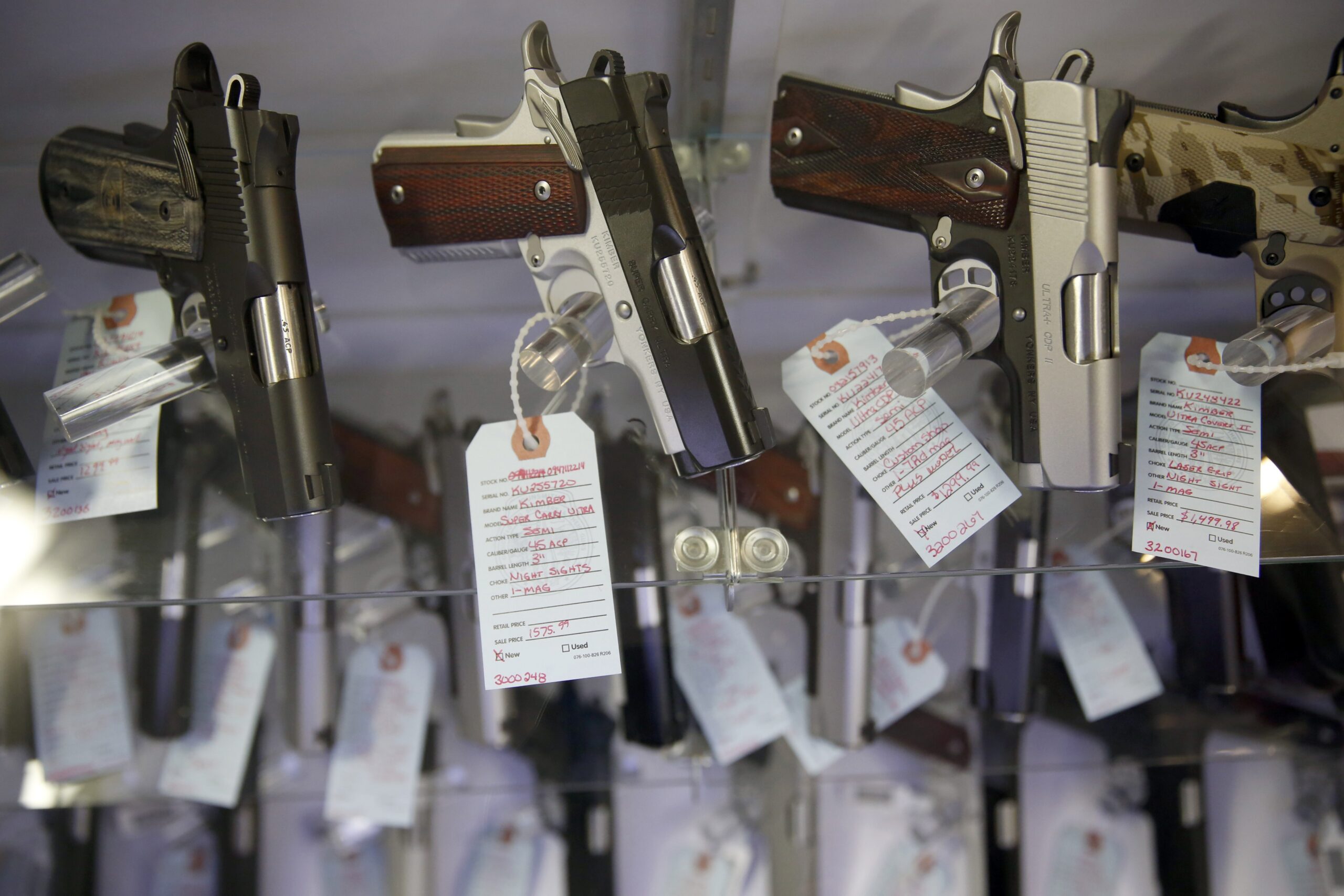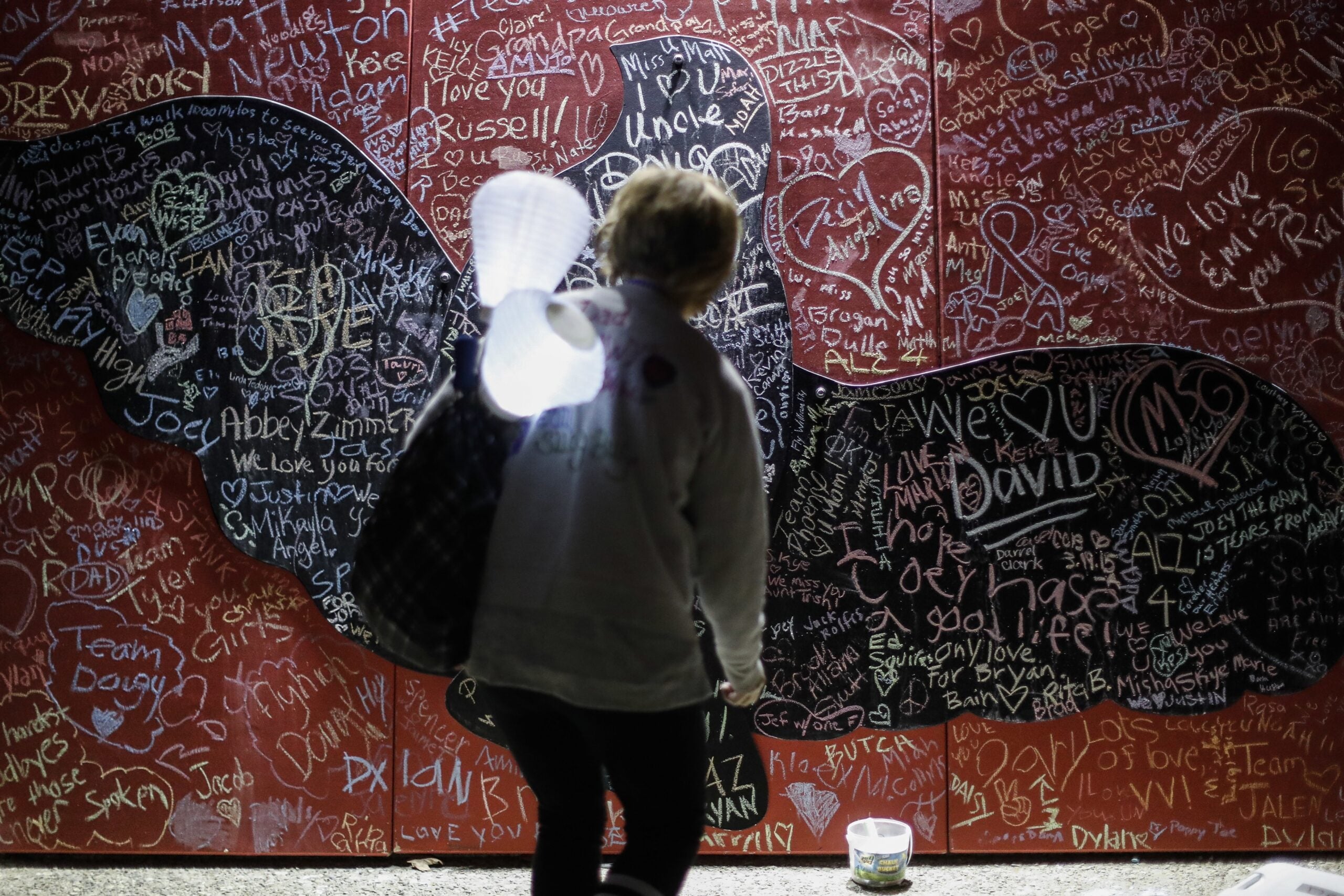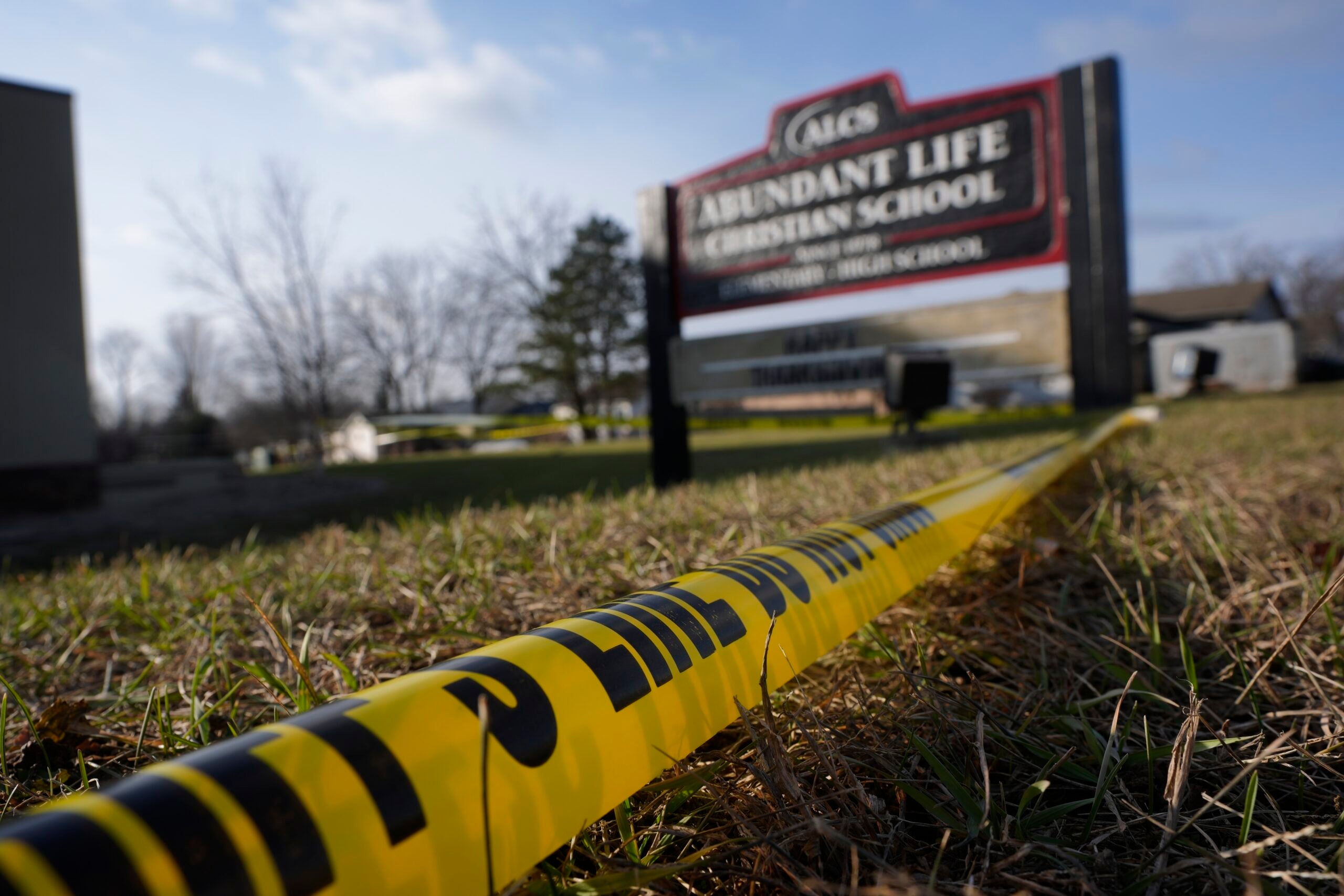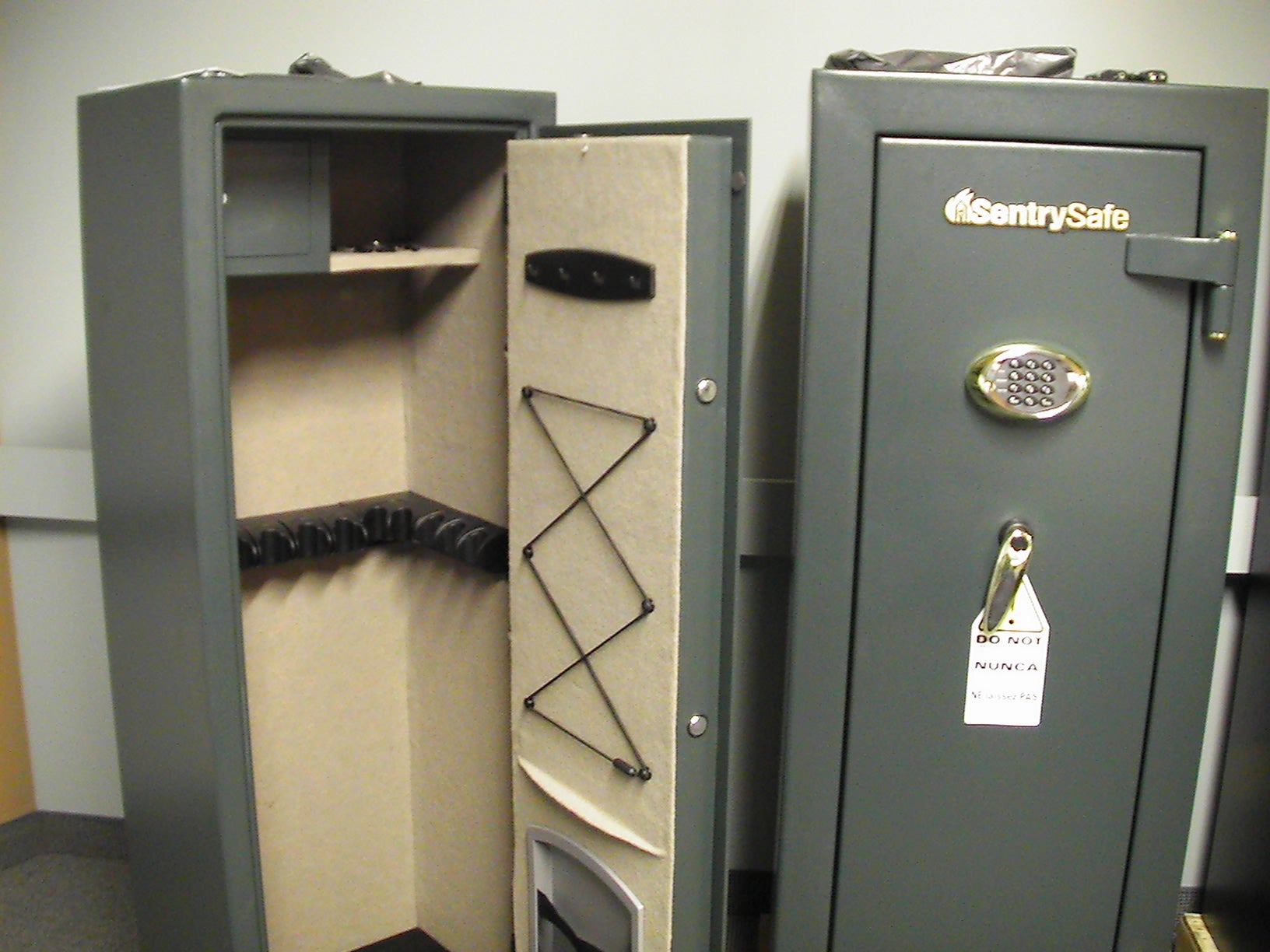In 2008, Marsha Baldwridge received news that no mother wants to hear.
Her 33-year-old son, Sydney — an animal lover with a great smile, Baldwridge said — had died of a self-inflicted gunshot wound.
“The worst day of my life. My soul went dark,” Baldwridge said Tuesday at a committee hearing at the Wisconsin State Capitol. “No more hugs, no more teasing, no more jokes, no more of his wonderful smiles.”
News with a little more humanity
WPR’s “Wisconsin Today” newsletter keeps you connected to the state you love without feeling overwhelmed. No paywall. No agenda. No corporate filter.
Baldwridge, a gun safety advocate, testified in support of a Republican-authored bill that would provide funding to gun stores and firearm ranges who want to get involved in suicide prevention.
“Please let my son’s death make a difference today,” she told lawmakers on the Assembly Committee on Mental Health and Substance Abuse Prevention. “I do not want another mom or dad to suffer the same unimaginable pain of losing their child to suicide by gun.”
The bill Baldwridge supports, coauthored by Sen. Jesse James, R-Altoona, and Rep. Shae Sortwell, R-Two Rivers, would spend $75,000 per year over two years to train employees at gun shops, hunting lodges, firearm ranges and related businesses to identify when a customer is in crisis or showing signs of suicidality.
Those businesses and organizations would also be empowered to temporarily store a community member’s guns, if the gun owner voluntarily surrenders them.
At the hearing, James said this leverages the personal relationship that many gun owners have with gun retailers in order to address firearm suicides.
Retailers “know their customers and care about those who come through their doors,” James said. “They will not hesitate to ask their customer the tough questions if they came to retrieve their firearms and looked in distress.”
“While this legislation won’t completely eliminate suicide in our state, providing gun owners with an additional layer of voluntary security during times of mental distress will save lives,” he added.
Under the proposal, a grant recipient could receive up to $5,000 for training, safe storage, and suicide prevention materials. They would have to match at least 20 percent of the government funds to qualify.
A fiscal analysis by the state Department of Health Services, which would oversee the program, estimates it would need a new full-time staffer and additional funding for staff expenses to develop, monitor and administer the grants.
The bill has bipartisan cosponsors in both chambers of the Legislature. It has also received support from UW Health, the National Association of Social Workers, and the anti-gun violence groups Moms Demand Action and Everytown for Gun Safety.
Christopher Lee, government relations director of the National Shooting Sports Foundation, a firearm trade industry, said similar proposals have been taken up in Oregon and Oklahoma.
Lee said his group does not yet support the Wisconsin bill because it does not include a guarantee that firearm dealers will not be held legally liable if a person asks for their guns back and then dies by suicide.
Suicide has been on the rise in Wisconsin in recent decades. According to a 2020 report by the Wisconsin Department of Health Services, the state’s suicide rate increased by 40 percent from 2000 to 2017, and guns are the leading method of death by suicide. More than two-thirds of firearm deaths in Wisconsin are deaths by suicide, according to Everytown for Gun Safety, a gun violence prevention group.
Julie Stanley, program manager for the Healthy Kids collaborative at UW Health, testified that guns were the most commonly used method of suicide in 2020, and that, in 2020, 62 percent of all deaths by firearm were suicide deaths.
She also testified that the pediatric emergency room at UW Health has seen an increase in children being treated for suicidal thoughts.
“When an individual has thoughts of suicide, we know that restricting access to lethal means like firearms can be truly lifesaving,” she said.
A spokesperson for Democratic Gov. Tony Evers did not respond to a request for comment. Evers declared 2023 the Year of Mental Health, proposing some $500 million in his biennial budget for mental health services. In the initial crafting of its version of the budget, the Legislature’s Republican-led budget committee cut a proposed $235 million to support mental health in K-12 schools.
If you or someone you know is considering suicide, call or text the three-digit suicide and crisis lifeline at 988.
Wisconsin Public Radio, © Copyright 2025, Board of Regents of the University of Wisconsin System and Wisconsin Educational Communications Board.







